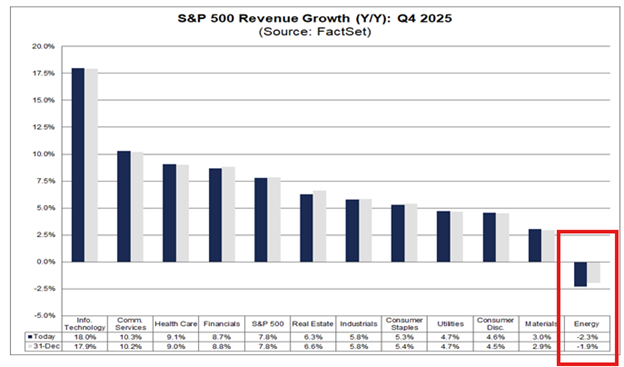In his state of the union address, President Biden expressed his desire for a $400 a month tax credit over two years for first time home buyers. I have argued for years that tax credits are a good thing, and still maintain that they are a good thing. Yet, I am leery of Biden’s tax-credit proposal.
Biden’s proposal was one of several relating to housing:
I know the cost of housing is so important to you.
If inflation keeps coming down mortgage rates will come down as well.
But I’m not waiting.
I want to provide an annual tax credit that will give Americans $400 a month for the next two years as mortgage rates come down to put toward their mortgage when they buy a first home or trade up for a little more space.
My Administration is also eliminating title insurance fees for federally backed mortgages.
When you refinance your home this can save you $1,000 or more.
For millions of renters, we’re cracking down on big landlords who break antitrust laws by price-fixing and driving up rents.
I’ve cut red tape so more builders can get federal financing, which is already helping build a record 1.7 million housing units nationwide.
Now pass my plan to build and renovate 2 million affordable homes and bring those rents down!
In a White House “fact sheet” issued the day of Biden’s address, we are told under “mortgage relief credit” that
President Biden is calling on Congress to pass a mortgage relief credit that would provide middle-class first-time homebuyers with an annual tax credit of $5,000 a year for two years. This is the equivalent of reducing the mortgage rate by more than 1.5 percentage points for two years on the median home, and will help more than 3.5 million middle-class families purchase their first home over the next two years.
There is no mention in the fact sheet that the credit will be given monthly. And Biden’s math is a little off. Giving Americans $400 a month is $4,800 a year or $9,600 for two years.
Whether Biden’s tax credit is a good thing depends on the type of tax credit.
Following Biden’s address, U.S. senators Sheldon Whitehouse (D-RI) and Martin Heinrich (D-NM), along with U.S. representatives Jimmy Panetta (D-CA) and Earl Blumenauer (D-OR), introduced the First-Time Homebuyer Tax Credit Act.
“Owning a home is at the core of the American dream, and it has been pushed further out of reach for more families over the last few years,” said Whitehouse.
“Buying a home is out of reach for many Americans right now. With this legislation, we’re changing that,” said Heinrich.
“High housing costs are putting the dream of homeownership out of reach for too many Americans,” said Panetta.
By creating incentives for families who have been systematically locked out of homeownership, we can promote housing stability and generational wealth-building opportunities for low- and middle-income Americans,” said Blumenauer.
According to the official summary of the bill:
The First-Time Homebuyer Tax Credit Act would support home ownership among lower- and middle-income Americans by establishing a refundable tax credit worth up to 10% of a home’s purchase price (to a maximum of $15,000) for first-time homebuyers.
Taxpayers would have the option of receiving the credit at the time of purchase by working with their mortgage issuer or electing to treat the purchase of their home as occurring in the prior taxable year to receive the credit before tax season.
However, there are two caveats:
The credit phases out for those making above 150% of area median income and for those buying a house with a purchase price above 110% of the area median purchase price.
The credit is limited to home purchases financed through federally-backed mortgages.
Here is the problem with this proposed tax credit: it is a refundable credit.
A regular tax credit is a dollar-for-dollar reduction of the amount of income tax owed. Tax credits may reduce the tax owed to zero, but if there is no taxable income to begin with, then no credit can be taken. Tax credits (and deductions) are always a good thing because they allow Americans to keep more of their money out of the hands of the federal government.
However, a refundable tax credit is treated as a payment from the taxpayer like federal income tax withheld or estimated tax payments. If the tax credit “payment” is more than the tax owed after the regular tax credits are applied, then the “taxpayer” receives a “refund” of money he never actually paid in.
Refundable tax credits are therefore the ultimate form of welfare because they are payments made in cash. Current refundable tax credits are the Child Tax Credit, the American Opportunity Tax Credit, and the Earned Income Tax Credit.
From what we know about Biden, he probably has in mind a new refundable tax credit. But we don’t need any new refundable tax credits any more than we need new welfare programs.
Originally published at LewRockwell.com.
Full story here Are you the author? Previous post See more for Next postTags: Featured,newsletter

























